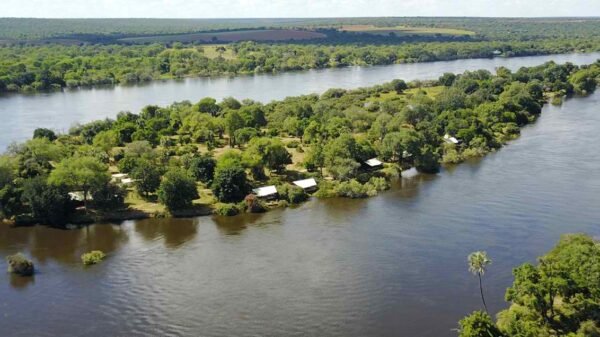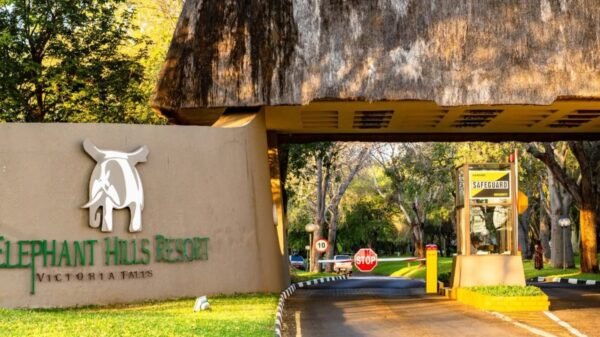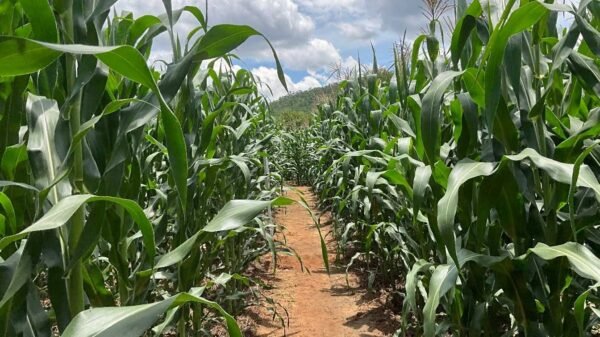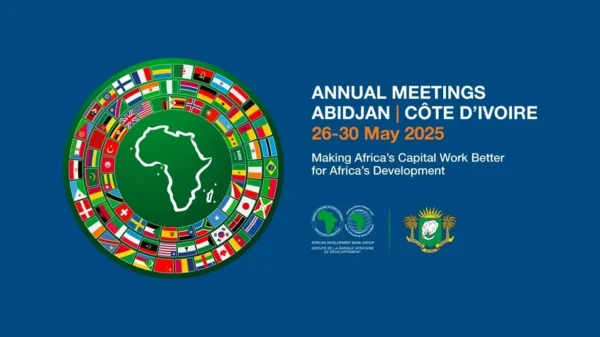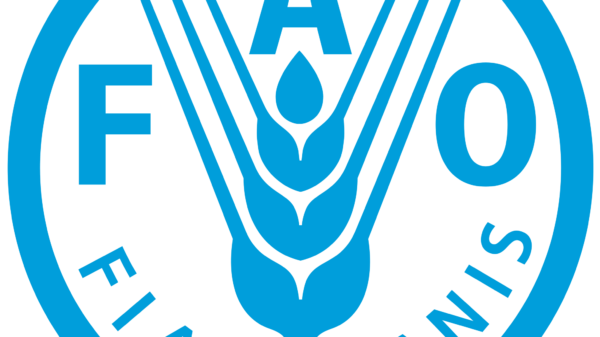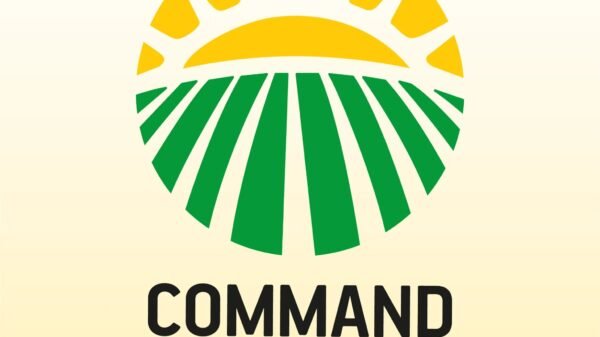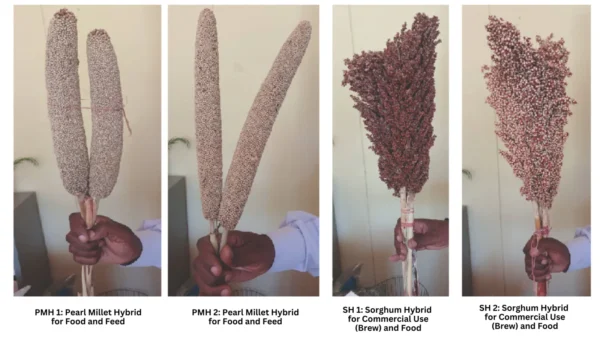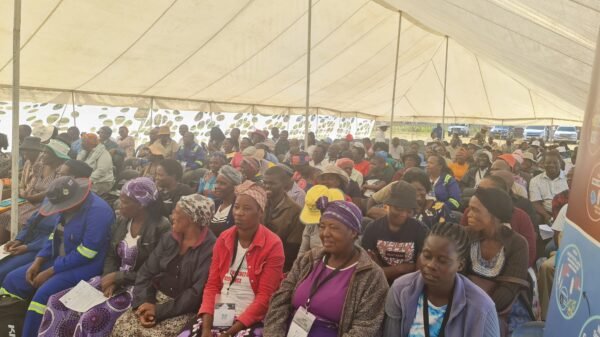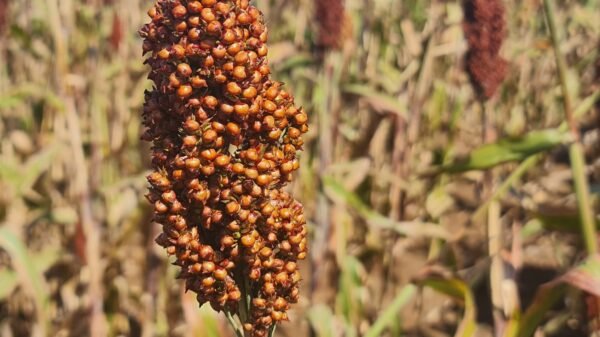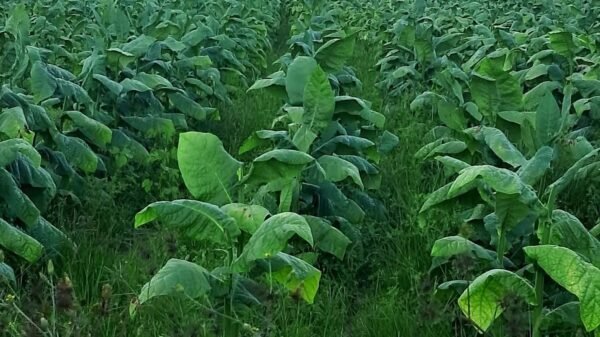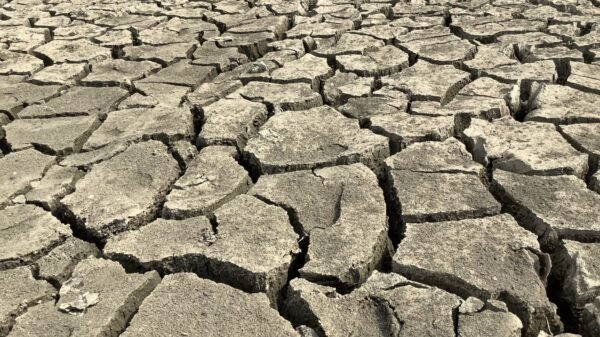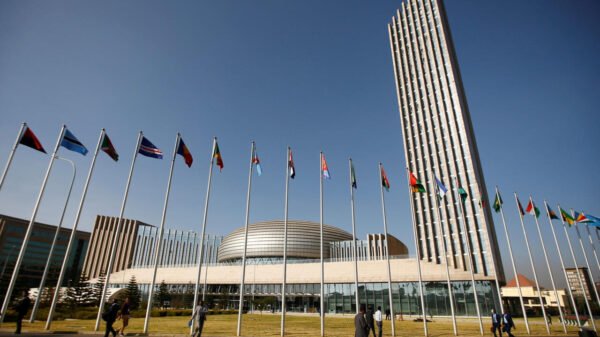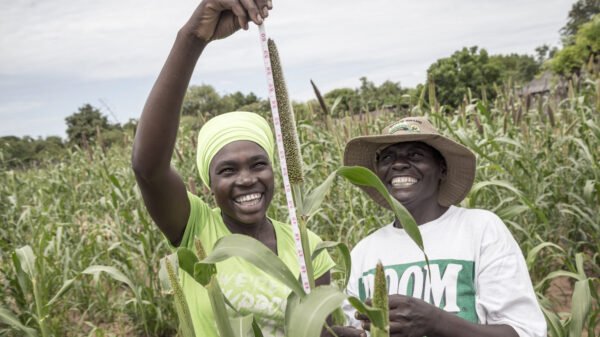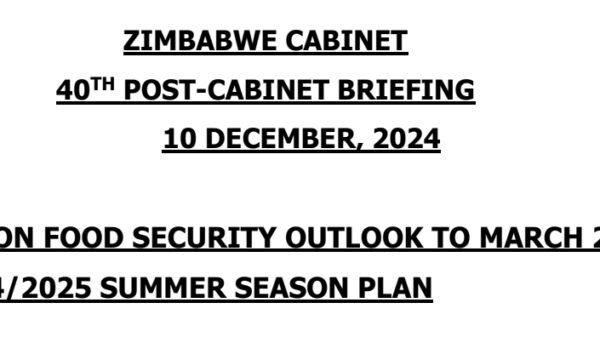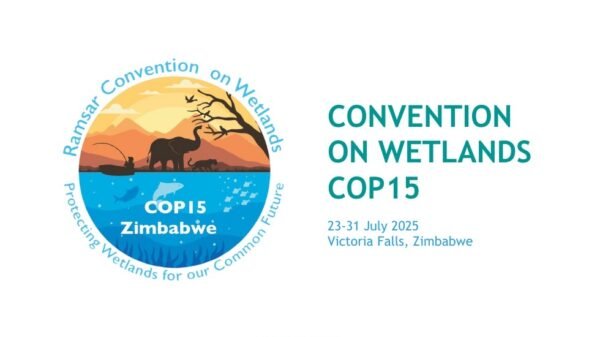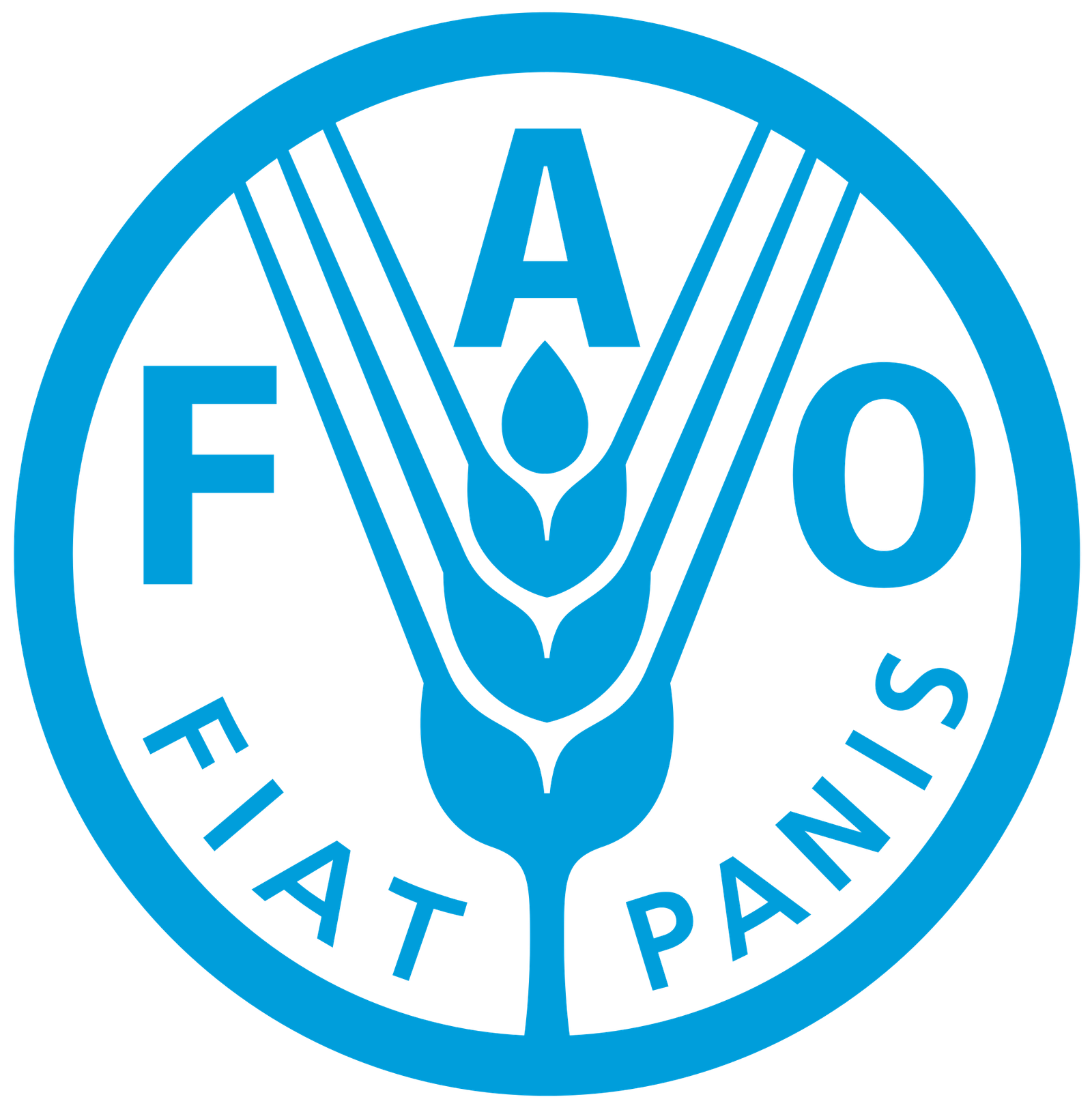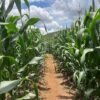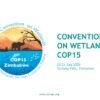Rome – The Food and Agriculture Organisation of the United Nations (FAO) has won an award for its sustained effort to help Zimbabwe use satellite-tracked evidence to improve the country’s crop production data.
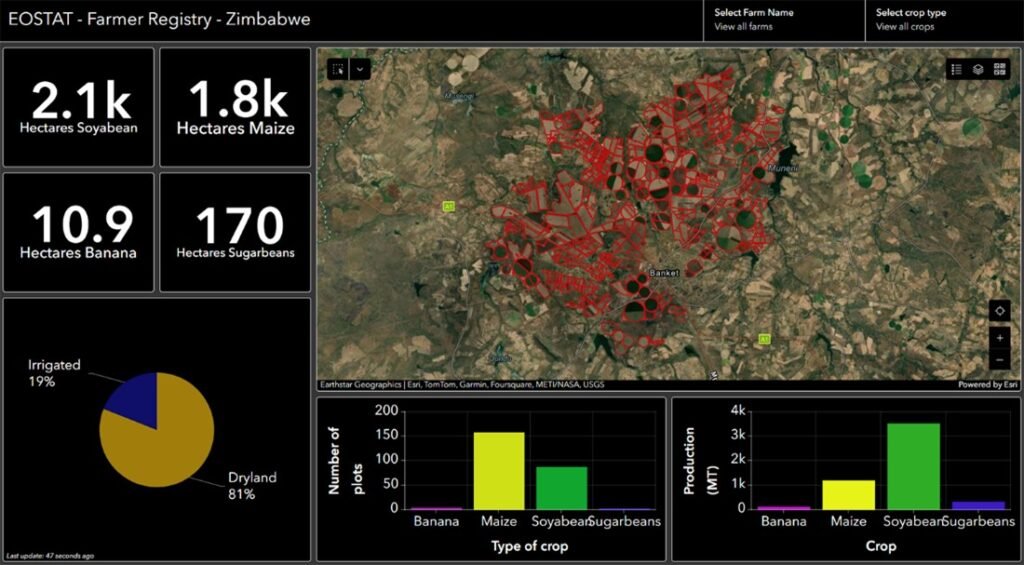
The farmer registry dashboard.
FAO won the SDG Custodian Agency Prize at the seventh annual GEO SDG Awards, which recognises the productivity, innovation, novelty and exemplary efforts in the use of Earth observations to support sustainable development.
The prizes were organised by Earth Observations for the Sustainable Development Goals (an EO4SDG Initiative under the auspices of the Group on Earth Observations (GEO), a partnership of more than 100 national governments and even more participating organisations, representing researchers, data providers and businesses. GEO coordinates a “system of systems” that includes more than 400 million open-data resources from an array of providers including NASA and the European Space Agency as well as commercial actors.
FAO helped the government of Zimbabwe establish an Earth Observation-assisted national crop monitoring system for production of official national agricultural statistics on acreage and yield as well as drought and flood modelling.
“This multi-faceted initiative is a model for sustainable EO integration into national statistical systems, contributing directly to SDG indicators and to the resilience of Zimbabwe’s agriculture sector,” said Lorenzo de Simone, FAO’s Earth Observation for Statistics (FAO-EOSTAT) project leader.
The initiative was part of the ongoing FAO-EOSTAT programme, launched in 2019 which has expanded to more than 21 countries. It helps FAO members use cutting-edge technologies to produce seasonal crop type maps and annual land cover maps that are standardised, accurate, granular and validated, and integrate earth observation data and tools in the production of land cover and land use statistics.
The project
The EOSTAT-Zimbabwe project, buoyed by funding from the World Bank, was launched in 2023 to operationalise the use of Earth Observation (EO) data for agricultural monitoring, food security planning, disaster risk reduction, and assess the impacts of climate-related hazards.
The project has already generated Zimbabwe’s first national winter wheat map, covering 28 districts, with 95 percent overall accuracy and 96 percent precision for wheat classification. It also led to production of the first national summer crop type map, classifying 14 major crops with 77 percent overall accuracy, using the Sen4Stat system and Sentinel-2 data.
A High-Resolution Drought Monitoring System, calibrated for Zimbabwe’s crops and climate, has also been launched, allowing field-level assessment of drought severity and temporal trends.
A prototype Farmer Registry System, linking field parcel boundaries with social survey and crop type data, is being developed, enabling tracking of productivity, subsidies, and government incentive impacts.
Flood monitoring and anticipatory action systems have also been operationalised, integrated with the World Food Programme and national platforms.
ZIMSTAT, the national statistics agency, is poised to adopt a newly-created national survey frame and in-situ data collection protocol for crop type mapping. More than 25 national experts have been trained at ZIMSTAT, government ministries and other national agencies.
The tools allow for lower-cost and higher-accuracy assessments of crop acreage and other factors. A national Mapathon organised with the National University of Science and Technology contributed to the digitisation of over 200,000 crop fields across seven districts.
FAO, the custodian UN agency for 22 Sustainable Development Goal (SDG) indicators and a contributing agency for another five, is committed to leveraging the potential of digital technologies to achieve the Four Betters: better production, better nutrition, a better environment and a better life for all, leaving no one behind.–FAO.

